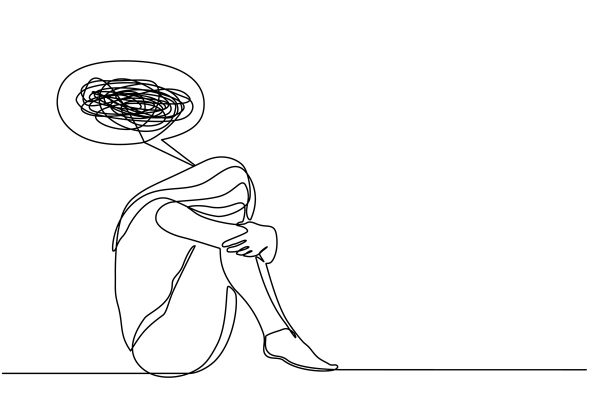Civically Engaging with Alex Zank
News coverage of Russian political climate during the Olympics an example of why we should keep up on international affairs
February 19, 2014
I figured since I spent last week arguing a bit more in favor of a political stance and why it matters to students, this time around I figured I’ll get back to ranting about why we are so terrible for not paying attention to a certain political topic.
This time, I can shamefully include myself as guilty. Our lack of consumption of international news is troubling.
It’s a perfect time to bring up the subject, too. There has been a surprising amount of Olympic coverage devoted to the political situation in Russia, as well as the post-Soviet’s relationship with the United States. I don’t want to focus specifically on one nation this week, but Russia is a great example: how much does the average person attending UW-Eau Claire know about the country?
I don’t have polling data for you (imagine the incredibly few respondents who would take the time to talk about Russia), but I’m willing to bet most people know next to nothing. Yet the country is a serious international player, evidenced by Russian president Vladimir Putin’s role in negotiations with Syria, as well as his influence in the Ukraine’s decision to back out of a European Union trade agreement.
The biggest question that needs answering though, is how this affects us in Wisconsin, where the price of beer has a seemingly larger economic toll to students’ wallets than whatever Russia, China or India are doing.
A hypothetical (bear with me) best answers this question. Suppose New Zealand is making a big push for beer production. They are regarded by some as the Saudi Arabia of beer. They can brew beer far cheaper than any brewery in Wisconsin, and want to increase trading to compete for the consumers’ hearts — or livers, in this case. Then it would be a bit easier to see the actions of one nation effecting us here at home.
Well, it turns out this hypothetical is more of a story based on true events. New Zealand is a major dairy exporter, especially with milk. Whether we should increase barriers to trade with the country to protect dairy farmers in the United States is one example of an age-old debate of free trade versus protectionist policies. We, consumers of many exported goods, are affected heavily by trade.
This is just one example of our global interconnectedness. I didn’t even mention alliances, financial markets, or even international wars. (Lookin’ at you, President George W. Bush.) In a globalized society, knowing and understanding other nations has never been more important to us.
With this said, I admit I don’t keep up with international news enough myself. I was in Washington, D.C. when the Syrian conflict was the center of national discussion, and I remember forcing myself to read developments or even watch an interview with Syrian President Bashar al-Assad.
The protests in Ukraine were on my radar for about a week, and I couldn’t tell you what’s happened there within the last month.
Therefore I invite you all, dear readers, to join me in keeping up more with international affairs. A good start is to add a good international news source like the BBC to your daily news consumption. If we better understand why international relations are relevant, and actually keep up with international news, we’ll be better off.









